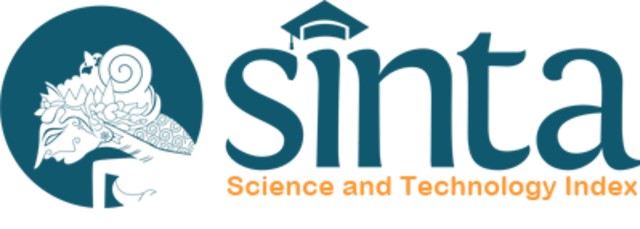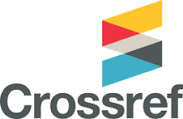Strategi Pengembangan UMKM Pangan Berdaya Saing di Kota Bandung
Keywords:
competitive, food SMEs development, strategy
Abstract
SMEs (Micro-Small and Medium Enterprises) are one of business sector that has an important role for improving economy condition in Indonesia. One of the SMEs that has the potential to competition is food SMEs. To create food MSMEs that able to compete with the other food products, they must be able to maintain the quality of various aspects. The many problems faced by food SMEs require a strategy to develop and continue. This research aims to create competitiveness and strategy in food MSMEs. This research was conducted by identifying food MSMEs, analyse the influence of internal factors and external factors with the IE matrix, looking for the formulation of food SMEs strategies using SWOT and QSPM methods. The location of the research was conducted in the city of Bandung, West Java. The results of this research based on the IE matrix show that the Bandung City food UMKM requires a grow and build strategy. Based on the SWOT and QSPM methods, various alternative strategies were obtained. Strategy III is the most suitable strategy for Bandung's food UMKM with a value 6.433. Strategy III is "improving human resource capabilities, utilizing associations and government support to expand product markets". The level of diversity of food MSMEs in Bandung is high, that makes the characteristics of the commodities produced. The majority of business people rely heavily on the government in all aspects of business. Procurement of raw materials is carried out independently with a contract system and own business capitalDownloads
Published
2019-02-02
How to Cite
GintingA. P., HubeisM., & FahmaF. (2019). Strategi Pengembangan UMKM Pangan Berdaya Saing di Kota Bandung. MANAJEMEN IKM: Jurnal Manajemen Pengembangan Industri Kecil Menengah, 14(1), 1-7. https://doi.org/10.29244/mikm.14.1.1-7
Section
Vol. 14 No. 1















